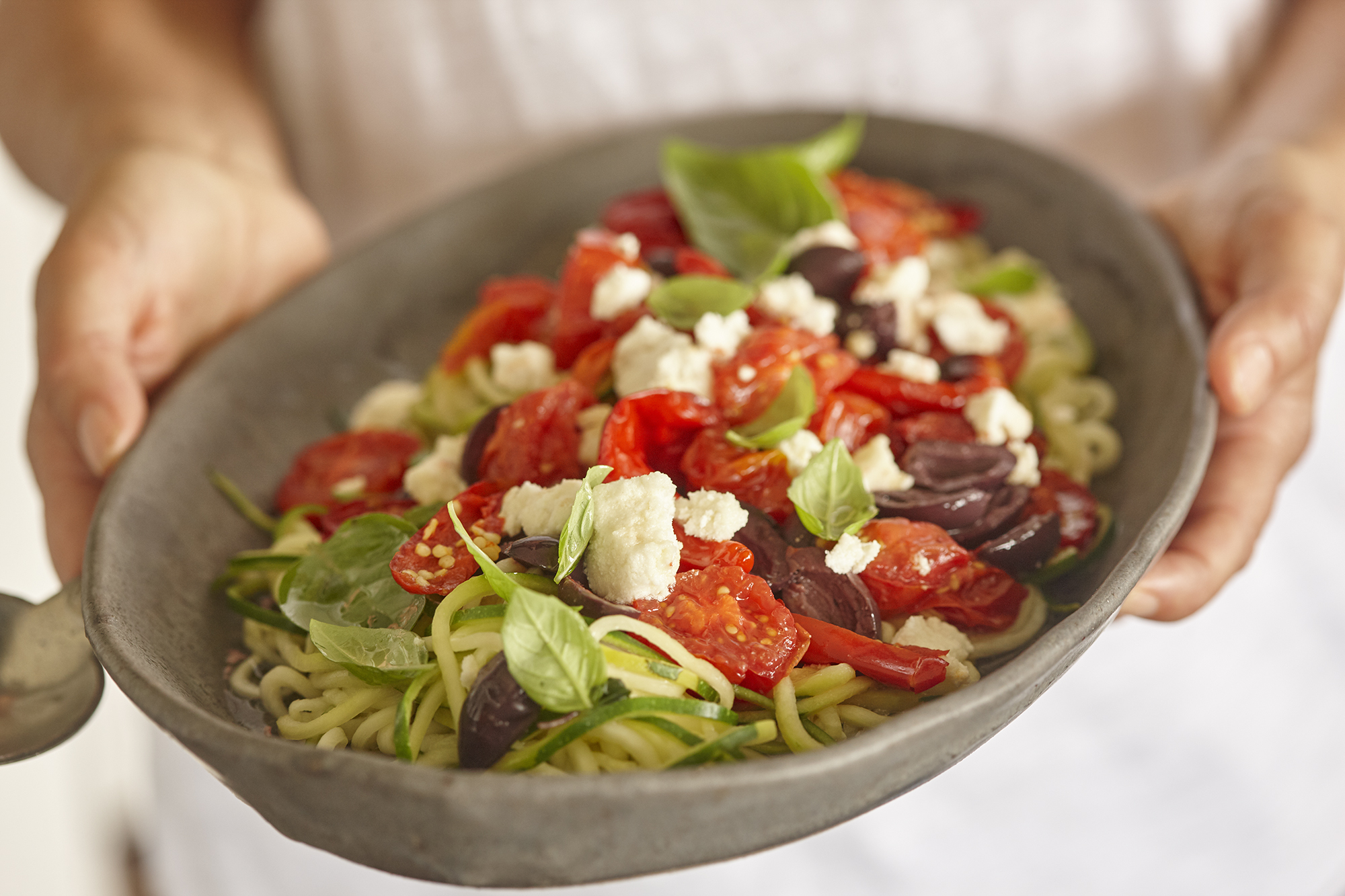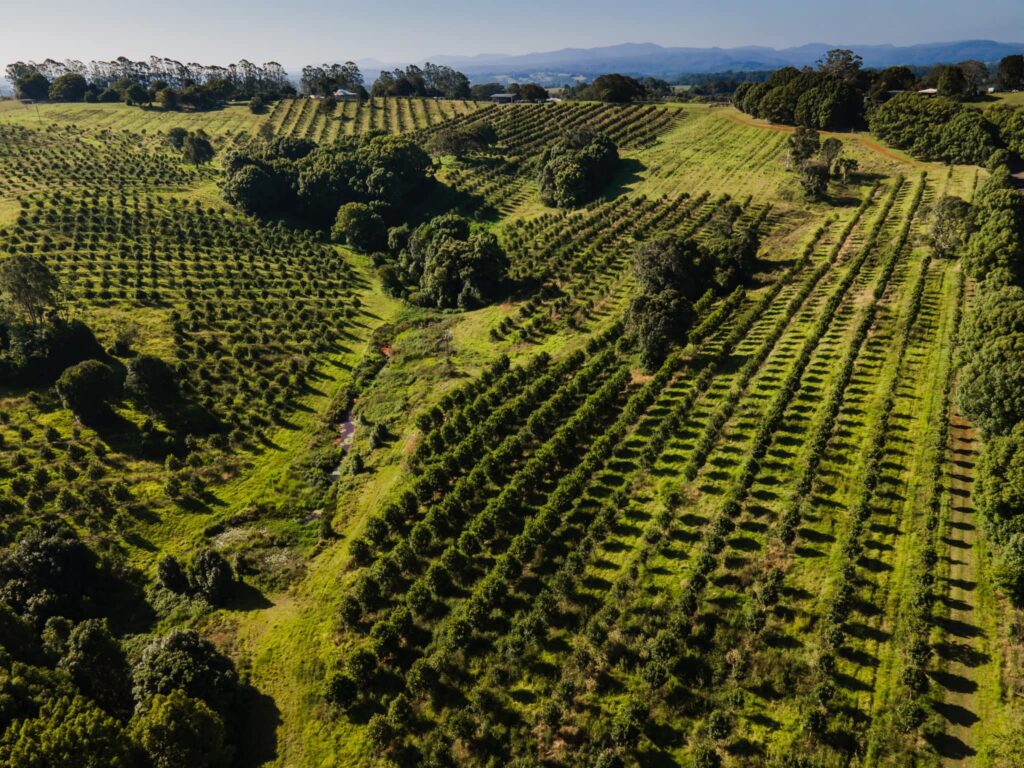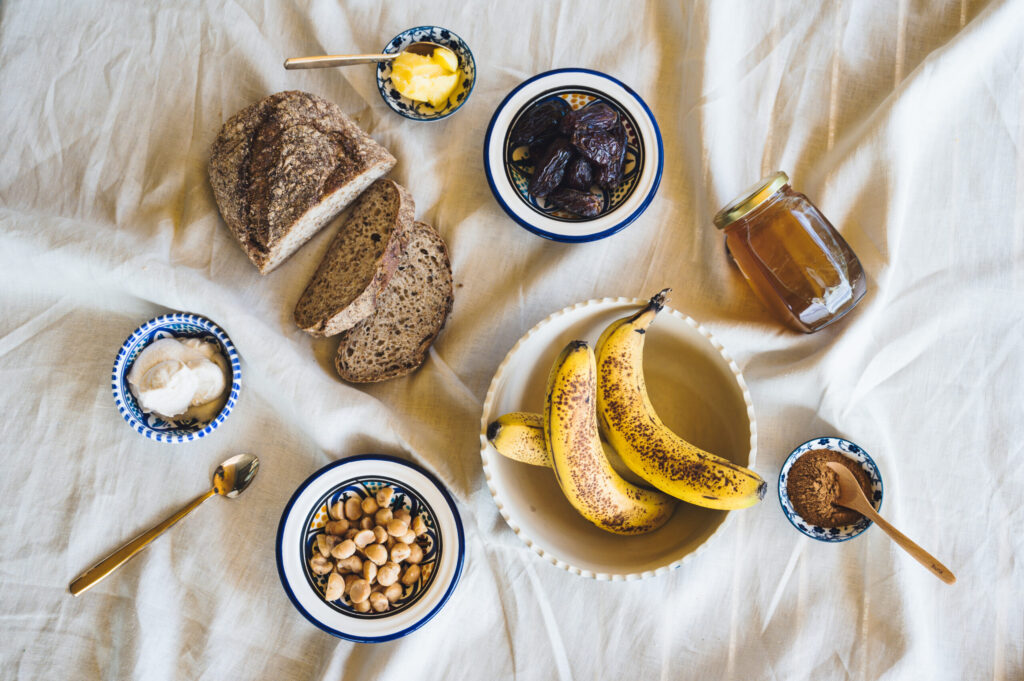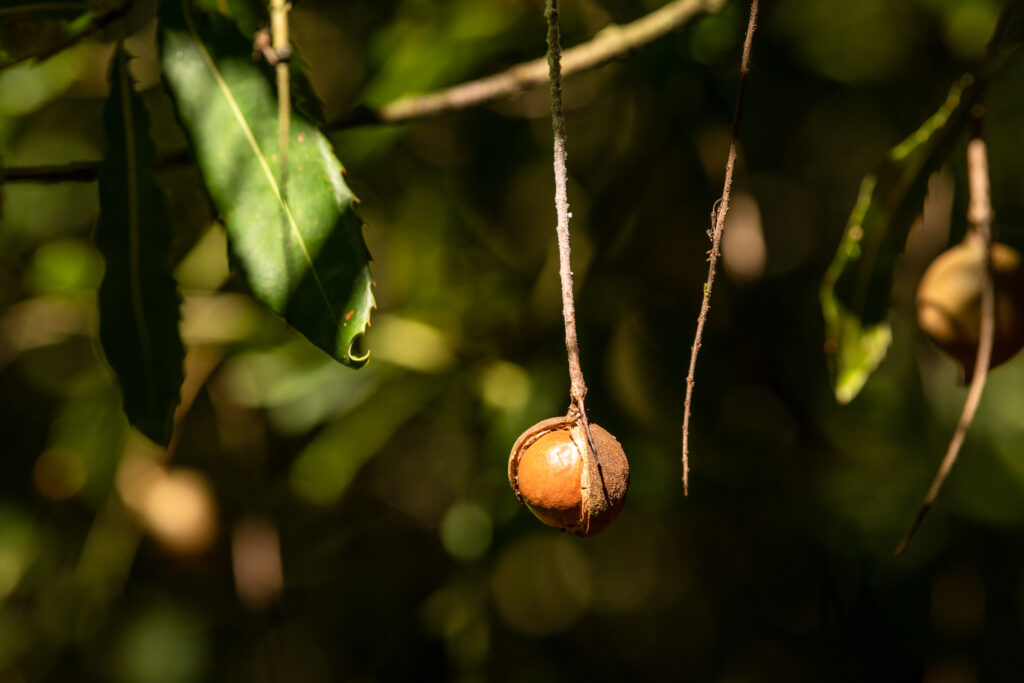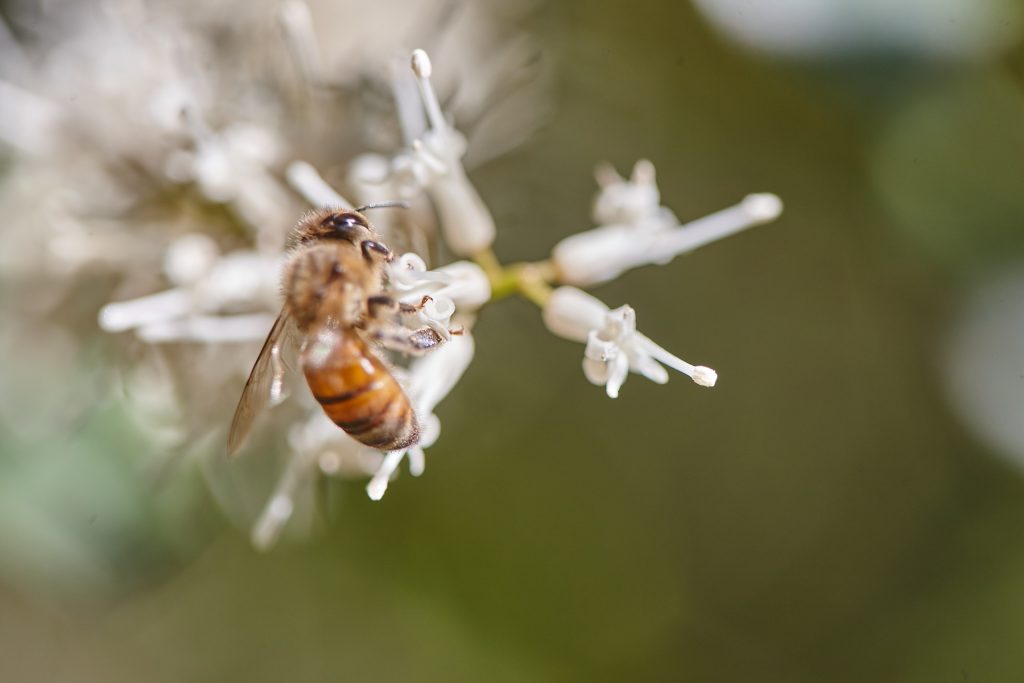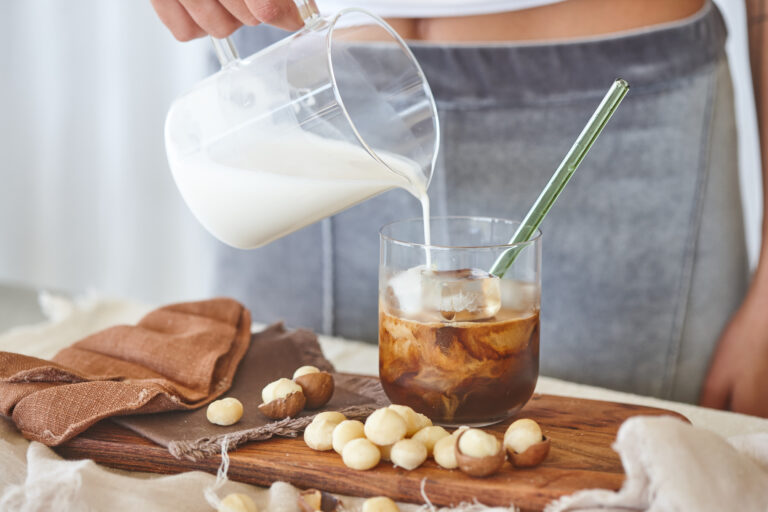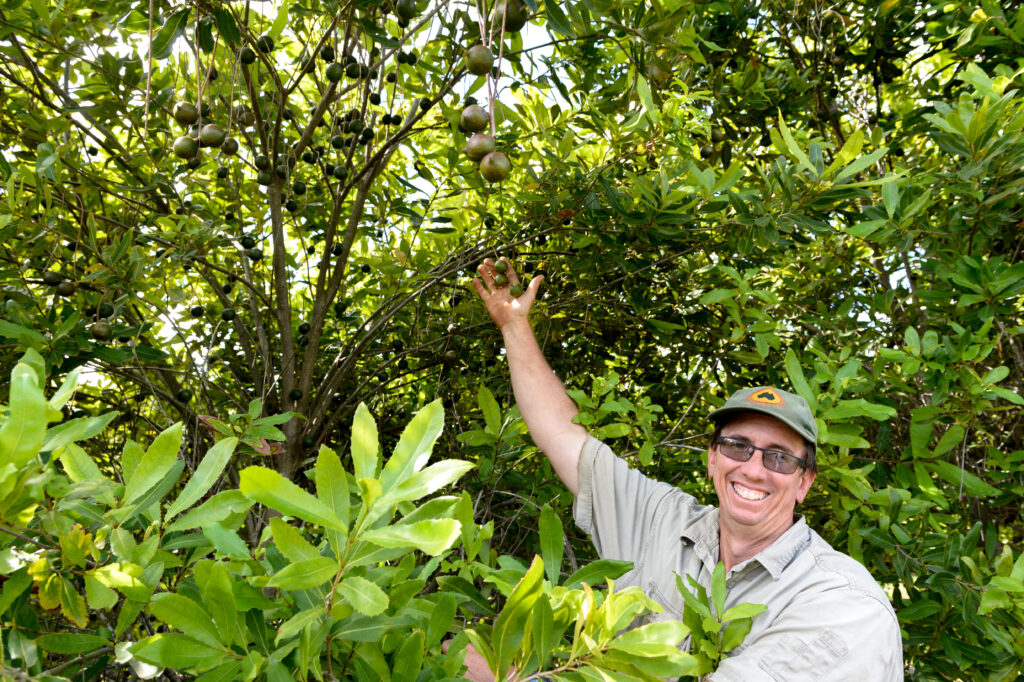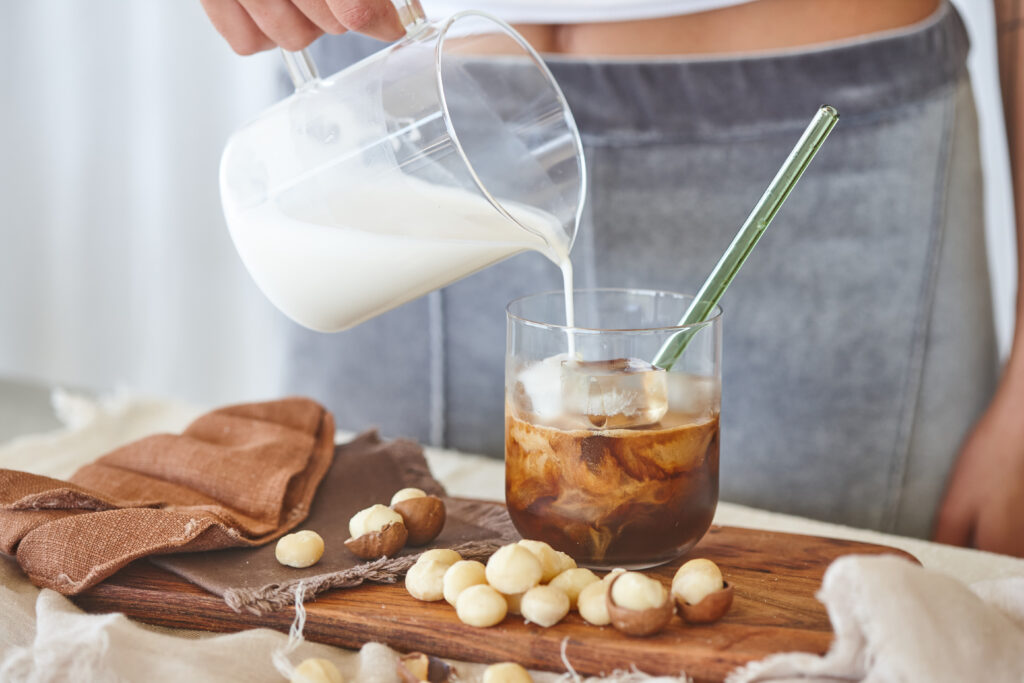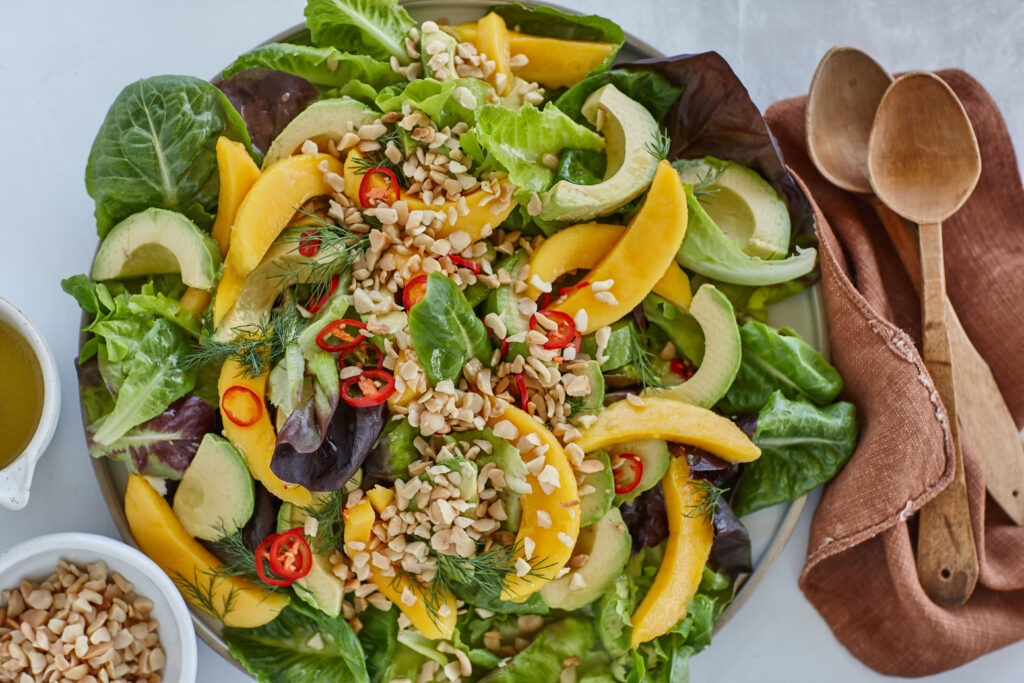The science is in and here is an easy guide of what to eat to help save the planet.
Recently, a set of dietary guidelines was published to help everyone understand how they can eat in a way that is both healthy and sustainable. It’s called the Planetary Health Diet.
No matter whether you are vegan, vegetarian or totally omnivorous, these dietary guidelines will help you to be healthy and sustainable. Spoiler: nuts play a key role.
A Great Food Transformation
The EAT-Lancet Commission is a partnership between the respected medical journal The Lancet and global, non-profit startup The EAT Foundation. They engaged 37 of the world’s leading food thinkers and earth systems scientists and posed the question: “Can this planet feed 10 billion people by 2050 without ruining the systems that the planet depends upon?”
The answer to that question is “yes, we can”. But humanity as whole needs to change the way it eats. In fact, we urgently need a ‘Great Food Transformation’ to make sure we can continue to feed a growing global population in a healthy way.
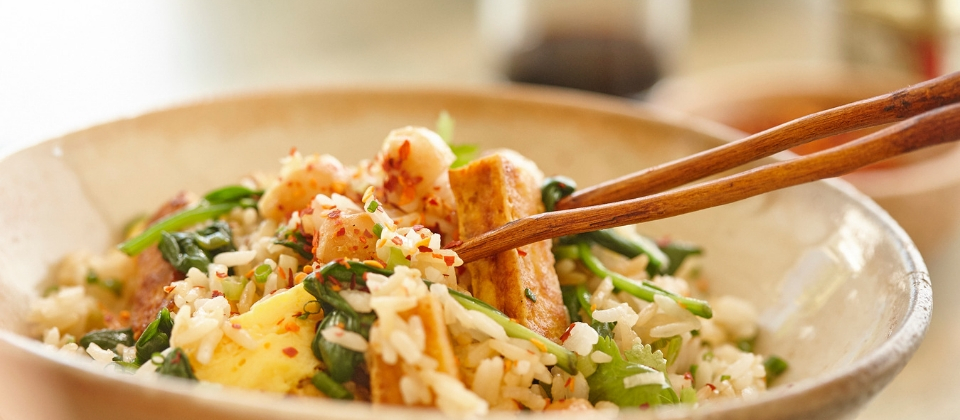
The Planetary Health Diet
You may have heard this idea before. But the big innovation from the Eat-Lancet Commission is that they have produced a roadmap to show how sustainable eating might be possible.
They have produced a set of dietary guidelines that outline how people can eat that is both healthy for people and the planet. The guidelines are flexible enough to fit within many different food cultures, cuisines and dietary preferences.
These are the three big changes people can make to what they eat that will also positively impact the planet:
Eat less red meat
The Planetary Health Diet doesn’t necessarily suggest that you stick strictly to a plant based way of eating if you don’t want to. It does, however, suggest a very small intake of red meat (including beef, lamb and pork). Their recommended daily intake of 14 grams of red meat might seem small, but it’s the equivalent of one juicy hamburger per week or a large steak every month. White meats like chicken and fish are preferred over red meats.
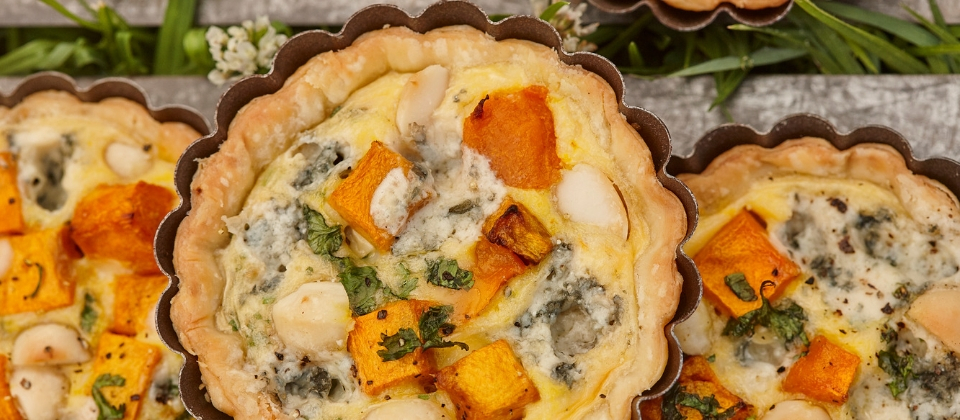
Eat more nuts – lots more
To make up for the reduced animal protein intake, the Planetary Health Diet does include almost double the amount of nuts than are currently recommended by the Australian Dietary guidelines (from 30 grams per day to 50 grams) . Luckily, nuts are delicious, versatile and fit perfectly into this flexitarian eating regime.
We have plenty of delicious ideas for how you can add macadamias to your diet on our recipe pages.
Vegetables, vegetables, vegetables
The Planetary Health Diet may not be strictly plant-based, but it is entirely plant-forward. The scientists found that in order to be healthy and sustainable, we need to prioritise vegetables over every other kind of food.
What do you eat in order to be both healthy and sustainable? Head over to our Facebook page and let us know!
